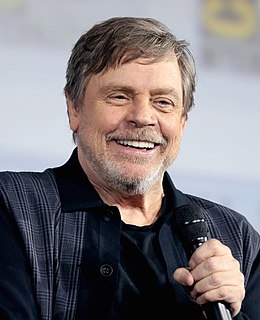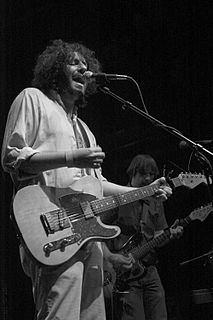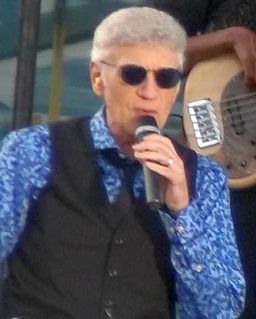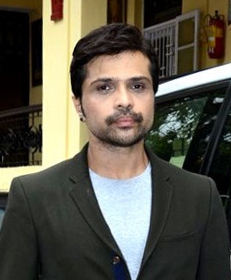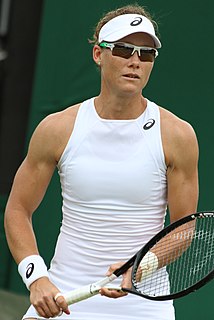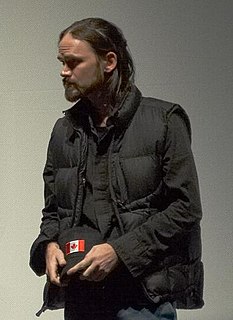A Quote by Kevin Macdonald
In my early career as a documentarian, I suppose I was trying to make films which - where it was all about making a big cinematic statement, and I think with 'Marley,' I slightly changed my direction and adopted a more mellow approach.
Related Quotes
When you're writing a script you have the option to embellish on life or switch the order of events or make it generally more cinematic. I would stick too closely to my own experience and not necessarily think about the fact that it needs to have an event happen. Realising that I could channel my own experience into a story that was slightly more cinematic was a very important moment for me - allowing myself to accept that the kind of screenwriting I'm doing is a work of fiction.
What happened in the early days of Disney is that Walt Disney used all of the new technologies as they came out. When matting came out, they adopted it. They adopted sound and color and xerography. Walt did that. And then, when he died, people began to think that this is just about making films, so they stopped bringing in new technologies.
I think 'Comic Book: The Movie' is the apex of my career in terms of making a personal statement that has significance to me and resonates with biographical detail about not only my career, but all the people that I've worked with in my career. All of it's riddled, on- and off-camera, with people I've known and worked with for decades.
It's actually really stereotypical that someone should be 40 and mellow out, but I think it's more about trying to conjure up a different intensity in my head, one where I'm more focused as a singer and hands-on with music and more exacting, and less trying to furiously fit a thousands thoughts into a four minute song.
I just believed in 1979 that prog rock was finished. I just saw the handwriting on the wall. And I believed that if we continued in that direction, our career would be finished. So I kind of led the band to making 'Cornerstone,' which is an album from my point of view which was not trying to be necessarily softer, but more natural.
I'm not particularly interested in working with movie stars. It depends on where you come from, I suppose. Why are you making films? The reason I want make films is because they convey ideas. I think some directors make films because they want to hang out with movie stars and be part of Hollywood. They want to be a star themselves.
I think all tennis players have to struggle through the early stages of their career. We start off playing tournaments and really just get by. I always had a dream to play in the big tournaments and never have doubted if it was worth it. Having to battle a little early on in my career makes it all the more worthwhile now.
I think in London - and I don't wanna offend anybody in America, but this is a real statement - they still have the right approach to making music. In the U.S., people see it as a way to make money; they see it as a means to get out. It's a hustle, which is great - any way you can provide for your family that's legal is fantastic.







